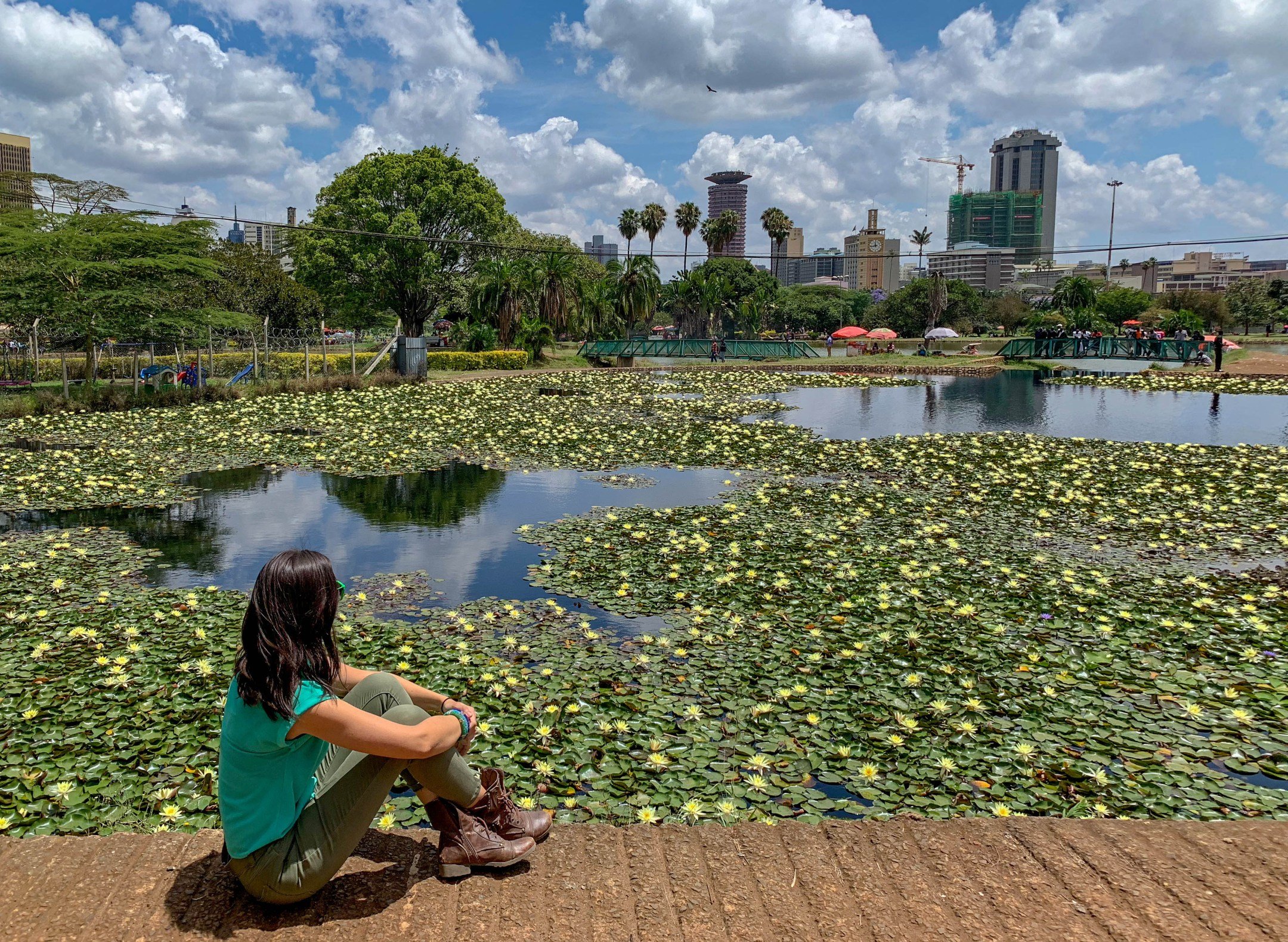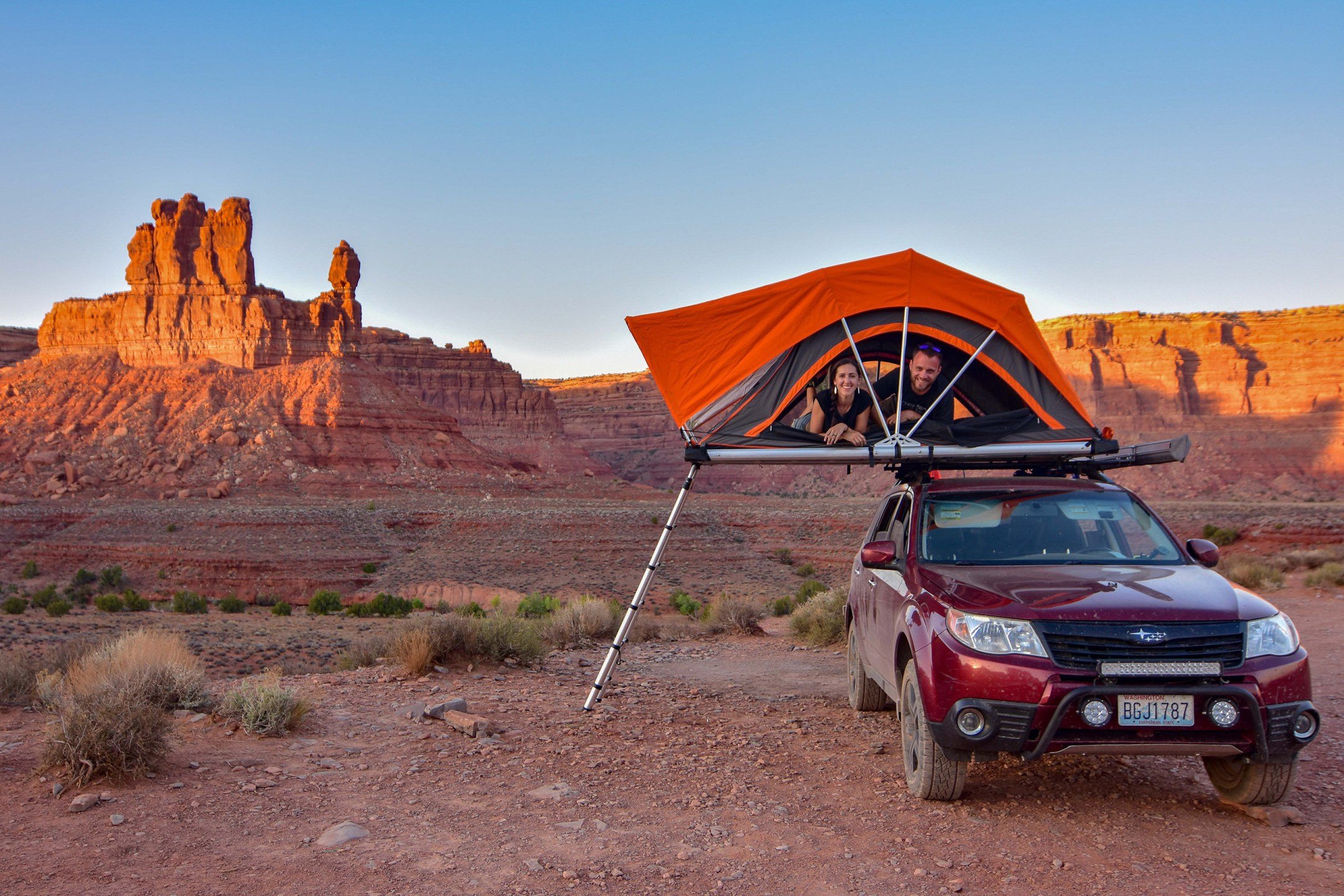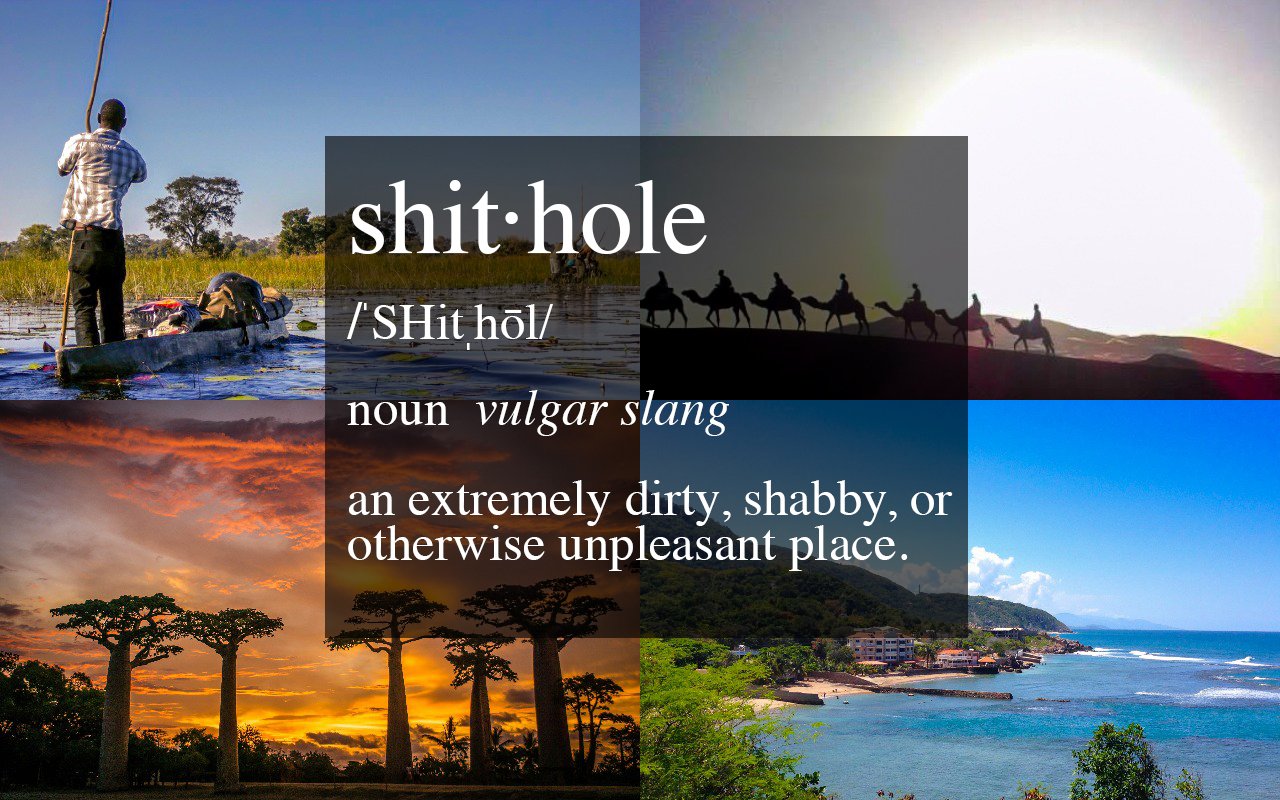Rise of the Matriarch: A Journey to Change the World (That Might Just Change You, Too)
When I set out to join Rise of the Matriarch, an all-women overland journey across Southern Africa, I expected to raise awareness for Africa’s threatened wildlife. I expected to see incredible animals and support the work of inspiring conservationists. I expected to bring home exciting stories and fantastic photos. Everything I expected happened, but so didn’t something I didn’t anticipate: Somewhere along the way, the journey changed me, too.
Dora & Moyo: These rigs we our home away from home for 2 weeks in Namibia, Botswana and South Africa
Ladies in A Landy
Meeting the women with whom I would share a Land Rover for two weeks was my first indication that this trip would be anything but ordinary. When you sign up to live on the road with four strangers, you cross your fingers and hope for the best. You also hope that a trip which entails camping on the ground, cooking all your own meals, and driving thousands of miles through the African bush will automatically eliminate anyone who might be a pain to travel with. In this case, my hopes came true and more.
A nonprofit founder, a safari lodge manager, a successful businesswoman, a lifelong conservationist, and this blogger/nurse quickly found ourselves to be a badass crew of overlanding ladies. Our first eight-hour day of driving powered by ’80s anthems made sure of that. If you aren’t forever friends after sharing all the details of your past relationships in between belting out “Don’t Stop Believing” as you motor through The Middle of Nowhere, Namibia – you never will be.
It’s safe to say I enjoyed living out of a Land Rover with these ladies!
It quickly became clear that despite our various ages and backgrounds, we all had one thing in common: Passion. In one way or another, we had all given up traditional lives to chase after the thing that truly lights us up. I’m the only one who’s married and only one of us has a child. None of us have nine-to-five jobs; in fact, half the group barely had a plan for what life would look like once this expedition ended. (I say this as the highest compliment.)
In a world where so many are sleepwalking through life or following a road map drawn by someone else, these women have bravely set out on their own paths to see what adventures they might find. And they came to the right place: Carla Geyser, our fearless leader, frequently reminded us that on her last ambitious expedition (a 100-day journey from South Africa to Kenya), three members of her crew were so changed by the experience that they refused to let it end – two years later, you’ll still find them working in conservation and calling East Africa home.
One of those moments that makes you want to move to Africa…
Supporting Women in Conservation
Certainly what drew this extraordinary collection of women together was the expedition itself (I know that my fingers automatically stopped scrolling the moment I saw the words “Rise of the Matriarch” appear on my feed). Organized by the South African non-profit Blue Sky Society, the idea behind the journey was to visit extraordinary women working in wildlife conservation on the African continent, and to do what we could to support their work.
The ladies of the Black Mambas anti-poaching unit showing off their environmental prize from the UN
Each day our caravan of intrepid ladies clocked hundreds of miles across Namibia, Botswana, and South Africa, as though magnetically drawn to the determined women who had built their lives in the bush in the hope of saving Africa’s most threatened species.
We acted like superfans meeting our favorite celebrities when we visited the Black Mambas, the first all-female anti-poaching unit that’s using innovative tactics to protect South Africa’s wildlife.
We picked the brains of the women living in the Namibian desert to study meerkats, including one researcher gathering data to prove that male meerkats aren’t the only ones inventing new survival strategies – you better bet the lady meerkats do it, too!
And we listened to the successes and challenges facing the dauntless Dr. Michelle Henley of Elephants Alive, who has dedicated her life to studying elephants with the goal of discovering ways for them to live peacefully alongside humans as our habitats collide.
Living in the Gray Area
As I spent my days talking with women who have spent their entire lives in Africa and dedicated their careers to conservation, I quickly became aware of just how little I know about saving endangered species. Are fenced-off national parks good or bad? Does shooting poachers help or hurt? Would legalizing the rhino horn trade fund conservation efforts or damn these animals to extinction?
I went from railing against trophy hunters to wondering if there is indeed a place for well-regulated hunting in conservation. My view of elephants grew from blind love to a new understanding of the challenges they bring to the lives of the humans whose land they share. My perceptions of everyone from poachers to police and tourists to scientists shifted with each discussion. The flame of my passion for conservation was stoked to a wildfire, even as each day taught me in new ways that solving this problem is more complicated than I ever imagined.
Incredibly lucky to have this sighting of critically endangered rhinos in Botswana
In short, I learned that there’s very little black and white when it comes to wildlife conservation. I grew comfortable living in the gray.
And the thing I loved most about that gray area? That everyone we met was willing to jump in and swim around in it. The lack of concrete answers certainly had nothing to do with a lack of passion from participants on every side of a debate. From the vegan anti-poaching volunteer arguing that carnivores can’t call themselves conservationists, to the hunters who welcomed us into a bar decorated with their once-living trophies, we shared ideas and opinions over bottomless gin and tonics and (of course) South African braai.
I went to bed each night with my brain swimming with ideas and the vague hope that we might really be able to solve this thing if we could all somehow pull in the same direction.
When you meet a 2,000 year-old baobab tree, you hug it.
Africa is for Women
Although this journey made me question many things, it also made me certain about one thing: Africa is for women.
As an American, I’m bombarded with negative news about Africa – it’s violent, it’s misogynist, it’s dangerous, don’t travel there. But the Africa we see on the news bears no resemblance to the place I saw from the window of our Land Rover. The Africa I experienced was the septuagenarian woman we passed driving solo through the Kalahari; the young black South African woman leaving her hometown for the first time to join an expedition to another country; the countless women tenaciously carving out space for themselves in the old boys’ clubs of science labs and safari lodges.
Don’t try to tell us we need a man to lead our expedition.
Maybe even Africans don’t know it yet: Every time we stopped our pink-decorated Land Rover, someone would saunter over and ask us, “Where are the men?” But for every confused stare we met with smiles and every silly question we answered, there are one or two more people who won’t be surprised the next time they see a woman behind the wheel of a safari vehicle.
And based on what I saw over three countries, 15 days, and 3,656 kilometers – the future of Africa is women.
The End of the Beginning
When we parted ways after our extraordinary expedition, I tried to imagine what directions this journey would launch each of us into. Because something is different after an experience like this.
After clambering atop a Land Rover each night to pitch your rooftop tent, chasing baboons away from your dinner while brandishing barbeque tongs like a weapon, and listening to lions roar in the distance as you try to take in the biggest sky you’ve ever seen, packed to bursting with stars – you don’t go back to real life quite the same. Now you know what you’re capable of, and what incredible surprises lie in wait for you in secret corners of the world you never thought you’d see.
I, for one, left my heart somewhere on the road between Windhoek and Johannesburg. I can’t wait to return soon to retrieve it.
Want to come along next time? The Rise of the Matriarch expedition is organized by the non-profit Blue Sky Society and they’re always busy planning their next journey. Follow them on Facebook and Instagram for updates.
You Might Also Like:
This post may contain affiliate links. If you make a purchase through our links, we get a small commission at no cost to you. This helps with the cost of keeping this site running – so thank you for clicking through! Don’t worry, we won’t recommend anything we don’t fully believe in.





















